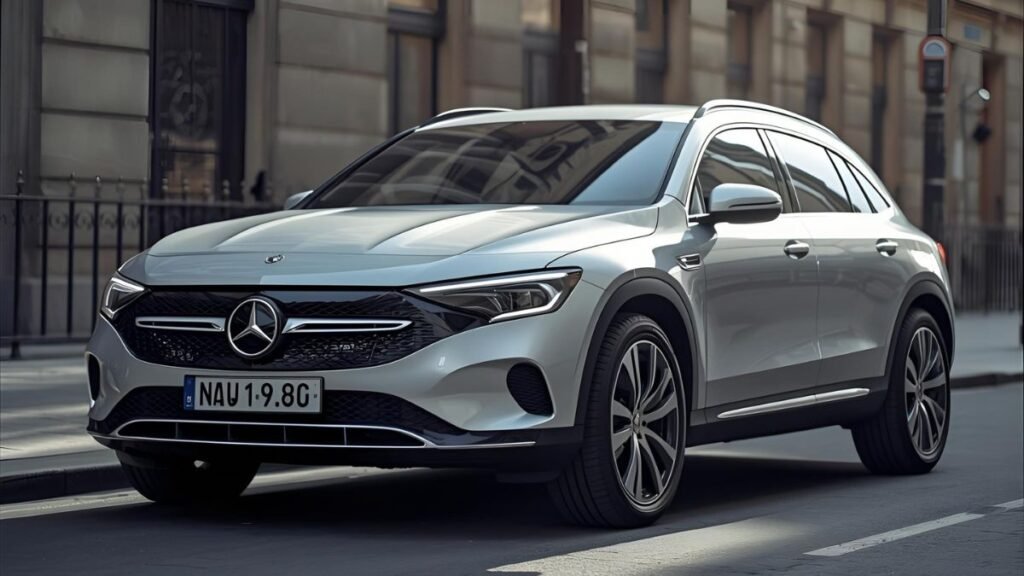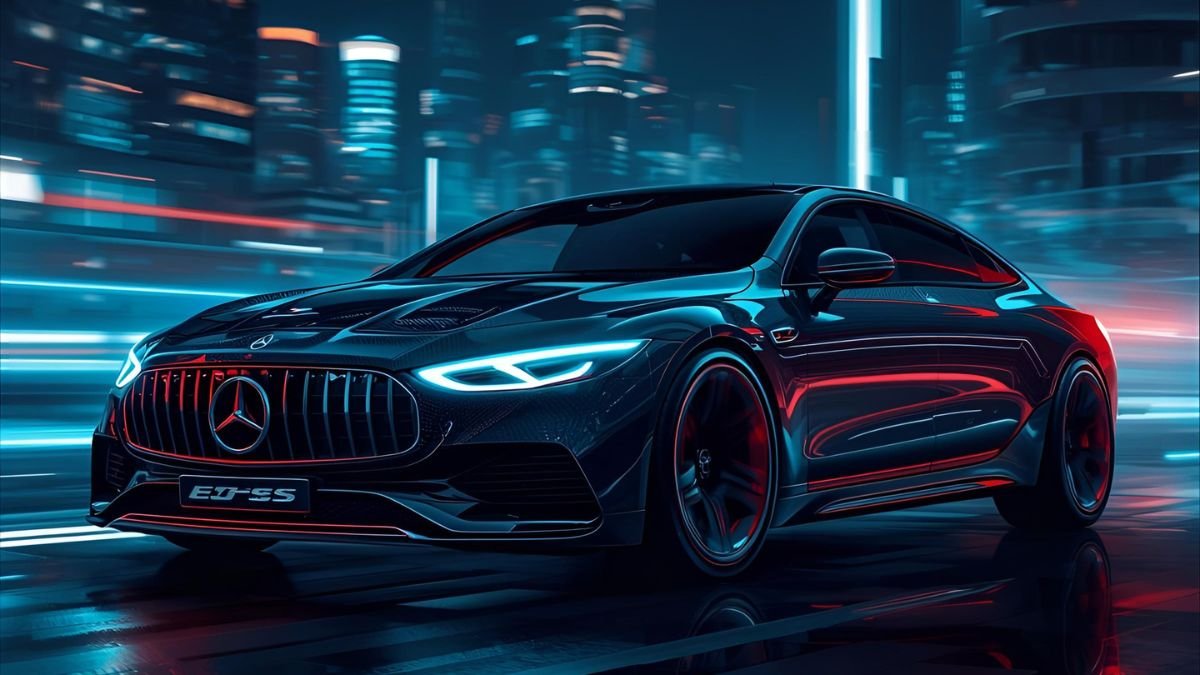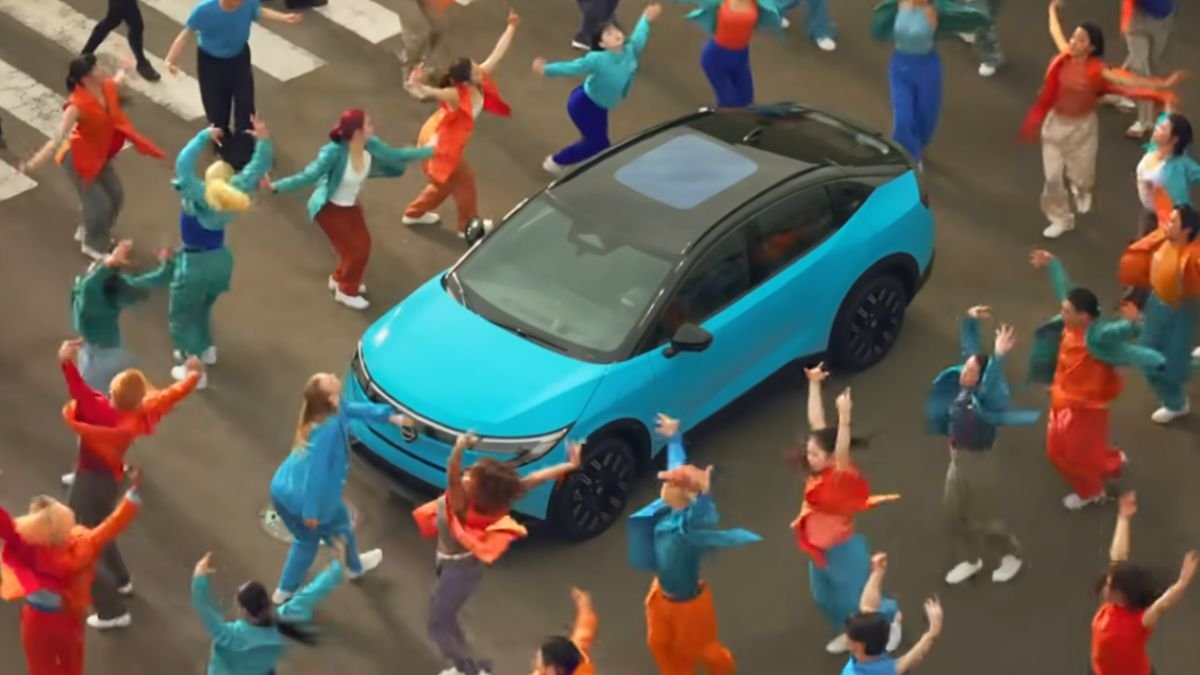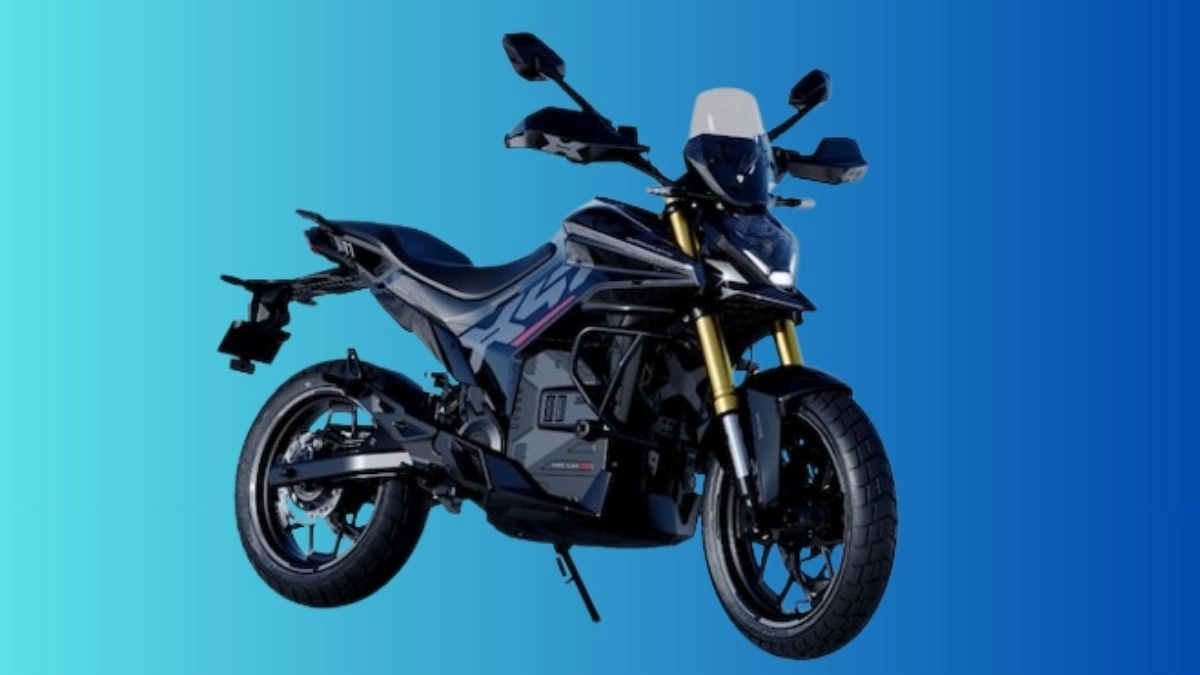In late August, a modified Mercedes-Benz EQS prototype completed a 1,205-kilometer (749-mile) journey from Stuttgart, Germany, to Malmö, Sweden, on a single charge—while still retaining an additional 137 kilometers (85 miles) of range. This landmark test demonstrates that solid-state battery technology is ready to move beyond the laboratory and into real-world applications.
The trip followed a carefully computed route along Germany’s A7 and Denmark’s E20 highways, optimized by Mercedes’ Electric Intelligence navigation system. This advanced software factors in topography, traffic conditions, ambient temperature, and HVAC energy requirements to maximize efficiency and avoid ferry crossings. Remarkably, the vehicle made the entire trip without any charging stops, underscoring the promise of next-generation battery systems.
Revolutionary Battery Technology
At the heart of this achievement lies Mercedes-Benz’s partnership with Factorial Energy and its own Formula 1–derived Mercedes-AMG High Performance Powertrains division in Brixworth, UK. Together, they have developed a lithium-metal, solid-state battery technology that delivers approximately 450 Wh/kg—nearly double the energy density of conventional lithium-ion cells.
Key innovations include:
- Pneumatic actuators that compensate for volume changes within cells during charge and discharge cycles, overcoming a major durability challenge for solid-state designs.
- Passive airflow cooling, which removes the need for heavy, energy-draining liquid coolant systems.
- A compact form factor that matches the size and weight of existing EQS battery packs while providing 25% more usable energy content.
Mercedes-Benz CTO Markus Schäfer describes the technology as “a true gamechanger for electric mobility,” emphasizing that the system has been proven on public roads, not just in controlled laboratory settings.
Surpassing Previous Records

This new milestone edges out Mercedes’ own Vision EQXX concept, which achieved a 1,202-kilometer range from Stuttgart to Silverstone, and matches the current Guinness World Record of 1,205 kilometers held by the Lucid Air Grand Touring prototype. Unlike the Lucid test—which benefited from a net descent of several thousand feet—the Mercedes-Benz EQS covered varied terrain and maintained consistent speed under realistic driving conditions.
Intensifying Industry Competition
While Mercedes-Benz’s achievement is unprecedented, rivals are closing in. Lucid’s production Grand Touring model boasts a 512-mile EPA-estimated range. Other major automakers, including Volkswagen, Toyota, BMW, and Nissan, are aggressively pursuing solid-state battery technology for production vehicles slated for the late 2020s. Each aims to unlock higher energy density, faster charging, and improved safety compared to today’s lithium-ion standards.
Implications for Electric Mobility
The commercial deployment of solid-state battery technology could herald a seismic shift in electric vehicles by:
- Extending driving range beyond 600–700 miles per charge, alleviating range anxiety for long-distance travelers.
- Reducing battery weight and volume, enabling lighter vehicles or increased passenger and cargo space.
- Enhancing safety, as solid electrolytes are inherently less flammable than liquid counterparts.
- Shortening charging times, thanks to improved ion transport and thermal management.
For consumers, these advances mean fewer charging stops, lower operating costs, and greater flexibility on road trips. For automakers and infrastructure providers, it paves the way for streamlined charging networks and more efficient resource use—supporting broader adoption of electric mobility worldwide.
Outlook and Next Steps
Mercedes-Benz plans to refine its solid-state battery system through further real-world testing and pilot production runs. The company aims to introduce its first solid-state–equipped production model by the end of the decade. Meanwhile, Factorial Energy is scaling cell manufacturing in the U.S., and Mercedes-AMG High Performance Powertrains will leverage its motorsport heritage to optimize performance and durability.
As the industry races toward commercialization, consumers can look forward to electric vehicles that offer not only unprecedented range but also enhanced efficiency, safety, and sustainability. This breakthrough underscores Mercedes-Benz’s leadership in EV innovation and sets a new benchmark for the future of mobility.
Read also: Honda Unveils WN7: A Game-Changer in Electric Motorcycles








